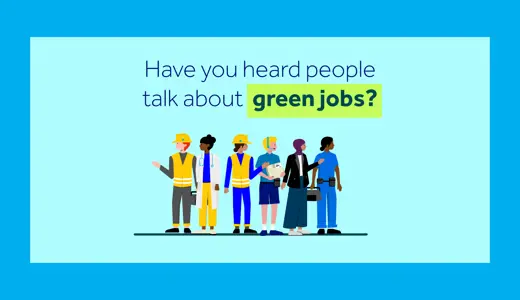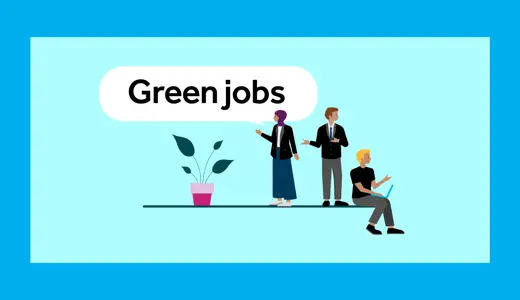A fast changing job landscape




The world of work is changing rapidly, with technology continuing to increasingly shape many different aspects of the workplace at pace. More than ever, employers are looking for recruits who can be adaptable to their changing business and thrive in an ever-evolving working environment.
We explore some of the main factors which are impacting and continue to change the world of work, what we know about Gen Z in the workplace, and what skills young people need to develop to thrive at work.
Further information and support from LifeSkills
- Get students exploring the world of work further by looking at these real case studies which showcase the roles and skill requirements of different sectors
- Looking for ways to help students become more adaptable in the face of changes? Why not try our lesson plan focused on adaptability
Try one of these next
Thank you for liking
Help us to continue creating relevant content for you by leaving some additional feedback.



